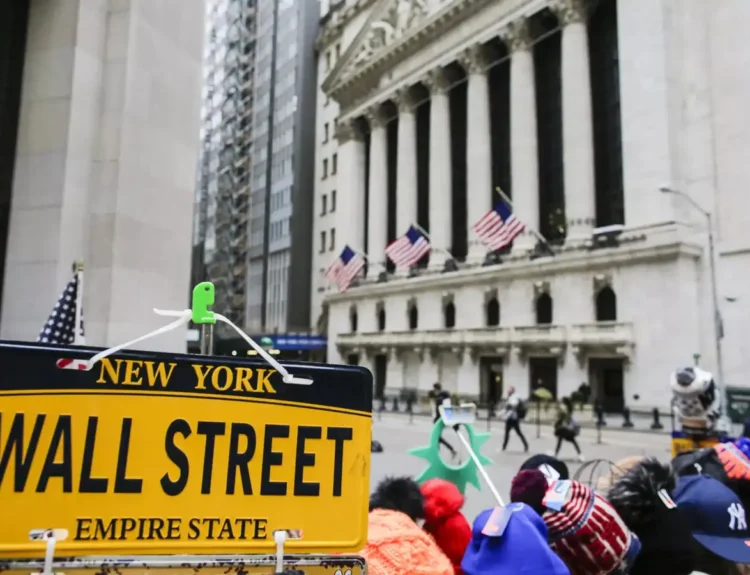The US government announced Wednesday that it is formally rolling out its trade agreement with the European Union, confirming that a 15% tariff on EU autos and auto parts has been in effect retroactively since August 1.
The Commerce Department and US Trade Representative updated the tariff schedule, reducing earlier, more aggressive tariffs and adding clarity for automakers and suppliers. Under the new rules, many products are exempted, including aircraft and parts, generic pharmaceuticals, certain natural resources, and key inputs such as rare earth metals, graphite, nickel, magnesium, and various electronic components.
For EU automakers, this move relieves weeks of uncertainty about their access to the US market. The tariff was cut from 25% to 15% starting in August, making sourcing and pricing decisions more manageable.
Market Reaction & Impact on Stocks
- European automakers gained ground: Stocks of Volkswagen, BMW, Mercedes-Benz, and Porsche all moved higher on the news, reflecting relief that the tariff rate is now confirmed rather than left in limbo.
- US auto suppliers and related parts firms may see shifts in trade flows, as reduced tariffs lower cost pressure and allow more balanced competition.
- Exempted sectors, like aircraft and pharmaceuticals, likely avoided downside, which prevents collateral damage in industrial and medical supply chains.
- The move helps reduce uncertainty around transatlantic trade risks, which can help support broader equities and investor sentiment.
Still, even at 15%, the tariff is material. It raises costs for EU exporters relative to earlier years, may create margin pressure, and could prompt strategic shifts in supply chains (e.g. more onshore production, relocation of factories, or rearranged sourcing).
Also worth noting: Europe has asserted that trade under the 15% rate continues to flow. The EU sees the tariff as manageable, it remains far from prohibitive levels that would choke trade.
What It Means for Markets & What to Watch
Positive for Auto & Parts Stocks: Relief around tariffs gives European carmakers and parts suppliers breathing room. Their stock rallies reflect that market participants had been discounting a more punitive rate (or further escalation).
Rebalancing Trade Expectations: Removing ambiguity helps stabilize trade risk premiums. Investors often hate uncertainty — now that the tariff structure is clearer, capital may flow back into sectors sensitive to international trade (autos, parts, industrials).
Supply Chain Shifts: Some manufacturers may still accelerate plans to move production, sourcing, or assembly closer to markets (US or Mexico) to avoid ongoing tariff exposure. Expect companies to revisit contracts, logistics, and cost pass-through strategies.
Currency & Bond Markets: Clearer trade frameworks reduce one source of tail risk for Europe. The euro could gain modestly vs USD, and government bonds in export-heavy countries might see some easing of risk premiums.
What to Watch Today / Coming Days
– Stock moves in Volkswagen, BMW, Mercedes, Porsche
– US parts suppliers (e.g. auto-component firms) and their earnings guidance
– Currency swings — EUR/USD
– Bond yields in Germany and EU periphery
– Comments from EU trade officials: whether they challenge or accept the tariff enforcement
– Any adjustments in US trade policy in response to sector lobbying or countermeasures
By formally implementing the 15% tariff and clarifying exemptions, the US has removed one major shadow over auto and industrial trade with Europe. Markets responded with relief in auto stocks, and the move reduces a source of volatility. But the higher tariff still presents margins and competitive challenges, and the real test will be how companies adjust strategy now that the rules are clearer.
Disclosure: This article does not represent investment advice. The content and materials featured on this page are for educational purposes only.
Takeaways from Jerome Powell: No Risk-Free Path, Weak Jobs, and AI Winners
Trump’s UN Speech: Key Messages, Battles, and What Comes Next
Nvidia Stakes $5 Billion in Intel: A Strategic Revival for the Chipmaker
Powell Frames Cut as “Risk Management” Amid Weakening Jobs, Tariff Risks










